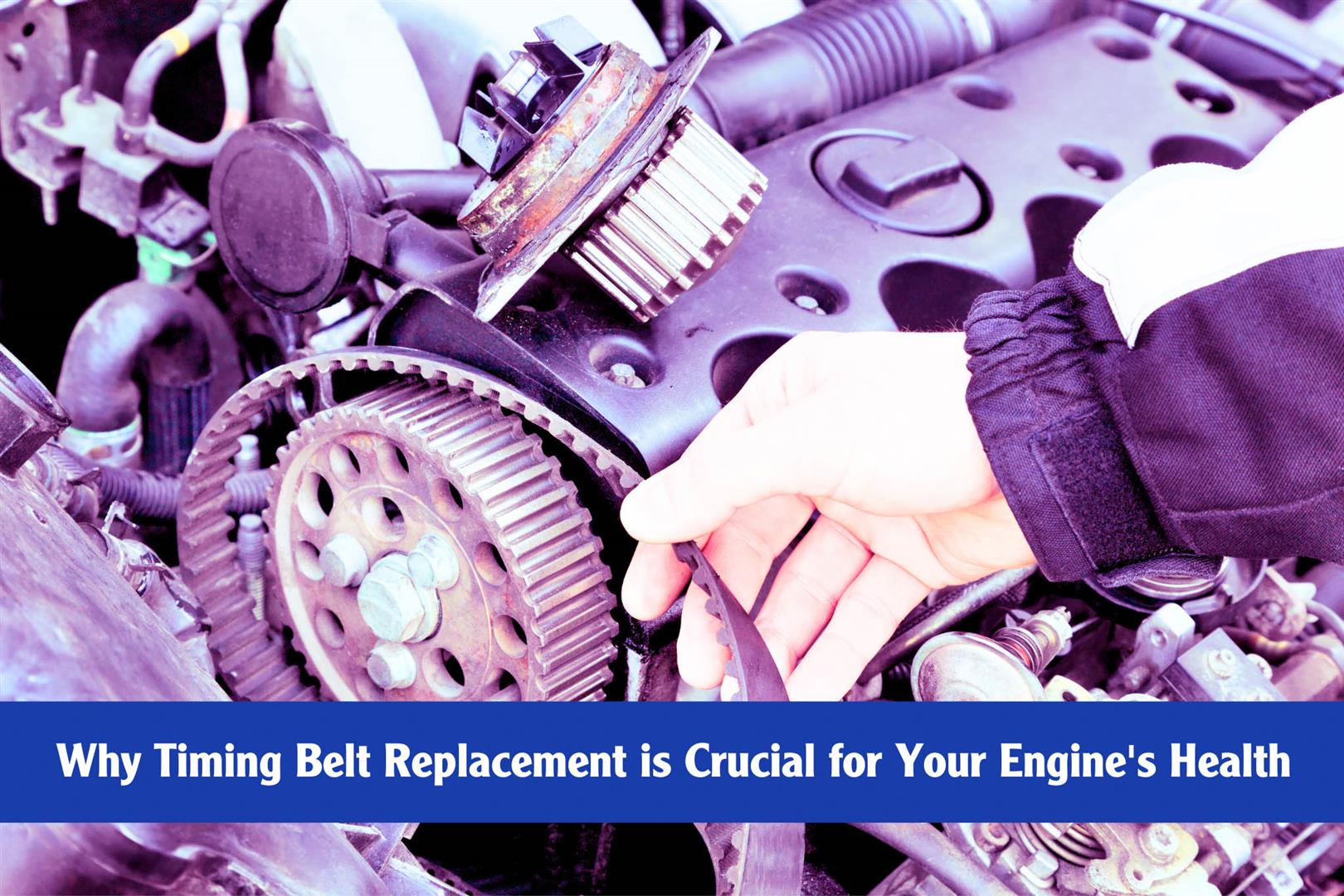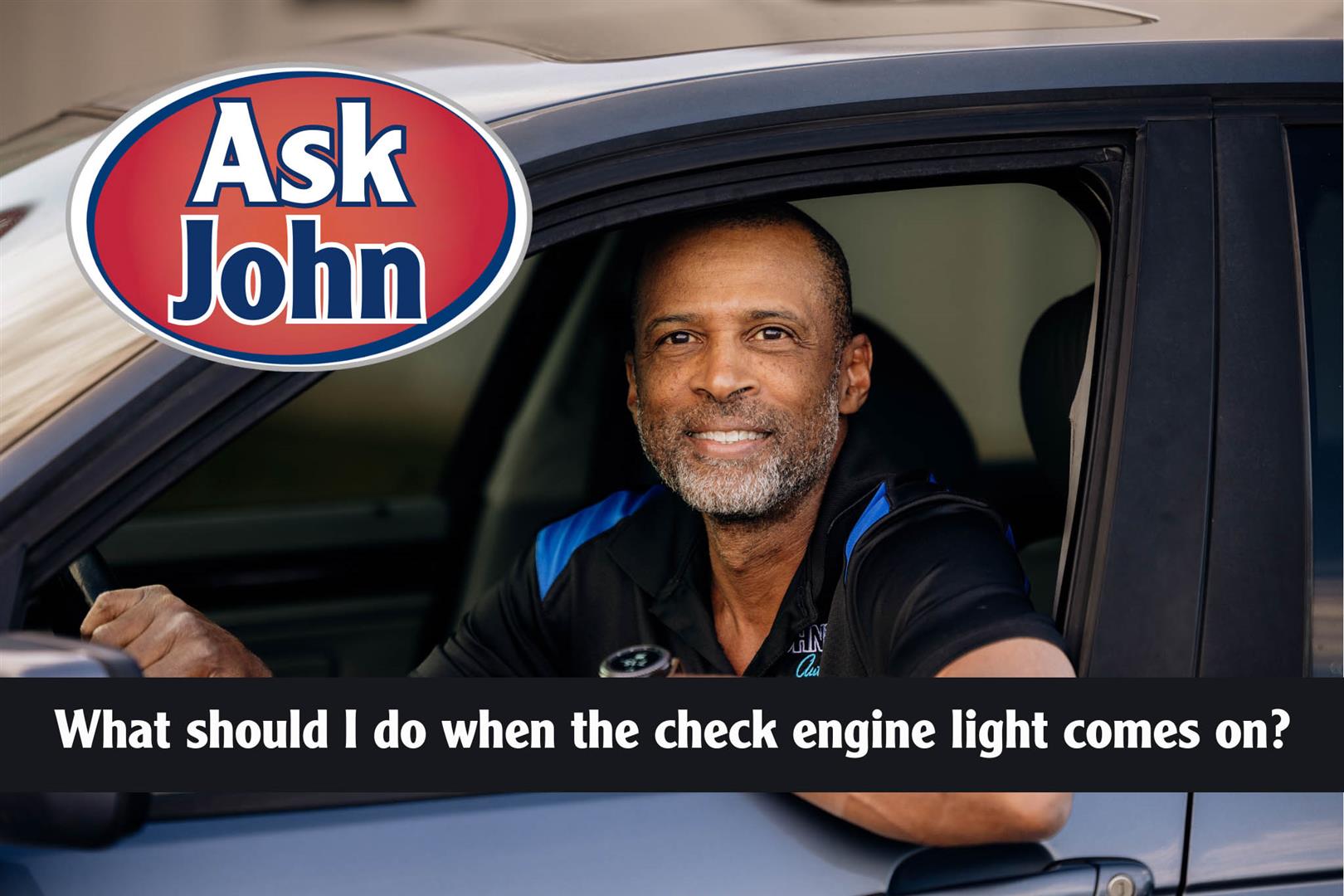Posted on 2/10/2025

Valentine’s Day is a perfect opportunity for a romantic road trip or a cozy escape to the mountains. Whether you’re planning a drive to Eldora for skiing, a scenic journey along Colorado’s winding roads, or a night out in Boulder, ensuring your vehicle is in top shape will help you focus on making memories instead of dealing with car troubles. 1. Check Fluid Levels Before heading out, take a moment to check your vehicle’s vital fluids: Oil: Clean oil ensures your engine runs smoothly and efficiently. Coolant: Proper coolant levels prevent your engine from overheating, especially on mountain climbs. Windshield washer fluid: A full reservoir of winter-grade fluid will keep your windshield clear from road spray and ice. For added protection and performance, consider our Premium ULTRA Oil Service, which includes BG MOA and BG 44K additives to keep your engine running like new ... read more
Posted on 2/5/2025

When it comes to dependable cars, the Honda Civic is a top contender. However, like any vehicle, it’s not immune to transmission issues. Let’s dive into some of the most common problems Civic owners might face and how to address them. 1. Slipping Gears If your Honda Civic feels like it’s struggling to stay in gear or randomly slips into neutral, it’s a sign of transmission trouble. This issue is often caused by worn-out clutch packs, low transmission fluid, or faulty solenoids. Addressing the issue early can prevent further damage. 2. Delayed Engagement Have you noticed a delay when shifting from park to drive or reverse? This “delayed engagement” can result from low or old transmission fluid, which affects the pressure needed to engage gears. Regular maintenance can help keep this problem at bay. 3. Grinding or Shaking Whether you drive a manual or an automatic, grinding or shaking while shift ... read more
Posted on 2/3/2025

Your vehicle’s timing belt is one of its most essential components, yet it often goes unnoticed until something goes wrong. A failed timing belt can lead to serious engine damage and costly repairs. In this article, we’ll explain what the timing belt does, why regular replacement is crucial, and how to ensure your engine stays in top shape. What Does a Timing Belt Do? The timing belt ensures your engine’s valves and pistons work in perfect harmony. It synchronizes the rotation of the camshaft and crankshaft so that the engine’s cylinders fire at the right time. If the timing belt fails, this precise coordination is disrupted, leading to engine misfires or, worse, catastrophic damage. It’s important to note, however, that not all vehicles have a timing belt—some use a timing chain, which has different maintenance needs. Why You Might Not Notice a Failing Timing Belt One of the challenges with timing belts is that ... read more
Posted on 1/29/2025

Hey there! It’s John, your friendly neighborhood mechanic, here to answer another one of those questions that might leave you scratching your head. Let’s talk about that little orange light on your dashboard—yep, the check engine light. First off, don’t panic. While the check engine light can be serious, it’s often your car’s way of saying, “Hey, something needs attention.” Here’s what to do: 1. Check for Urgent Issues If the light is solid, it’s usually not an emergency. But if it’s blinking, that’s a red flag—your engine might be misfiring, which can cause damage. Pull over safely and give us a call right away. 2. Tighten the Gas Cap Believe it or not, a loose or damaged gas cap is a common reason for the light to come on. Make sure it’s snug and in good condition. If that was the issue, the light might turn off after a few drives. 3. Pay Attention to Sy ... read more
Posted on 1/27/2025

There’s nothing worse than sitting in a freezing car on a chilly Colorado morning because your heater isn’t working. A malfunctioning heater can turn your winter commute or ski trip into an uncomfortable experience. Let’s explore why your car heater might not be working and what you can do to fix it. Common Reasons Your Car Heater Isn’t Working1. Low Coolant Levels Your heater relies on engine coolant to produce warm air. If the coolant is low due to a leak or insufficient levels, your heater won’t function properly. 2. Thermostat Issues A faulty thermostat can prevent your engine from reaching the correct operating temperature, leaving your heater blowing lukewarm or cold air. 3. Clogged Heater Core The heater core transfers heat from the engine to the cabin. Over time, debris or corrosion can clog the core, restricting the flow of warm air. 4. Blower Motor Problems ... read more